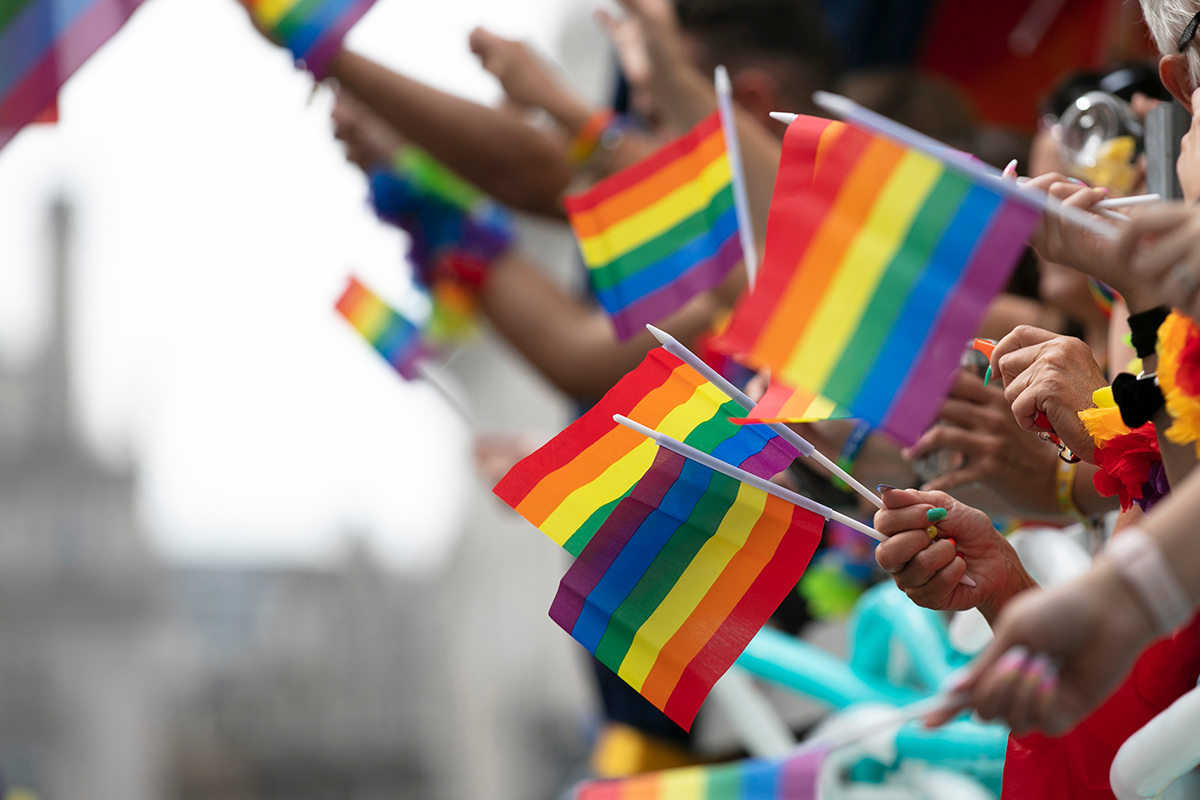GLAAD, an advocacy group for LGBTQ+ rights, announced on Thursday that all key social media platforms perform poorly in protecting LGBTQ+ users, especially those who identify as transgender, non-binary, or gender non-conforming, from online harassment and hate speech. However, the situation is reportedly most severe on Twitter.
The group’s annual Social Media Safety Index revealed that Facebook, Instagram, TikTok, YouTube, and Twitter all received low or failing scores for their efforts in ensuring user safety, although most of these platforms have shown improvement over the past year.
Twitter stands out as the exception, having seen its scores drop from the previous year. The platform, purchased by Tesla CEO Elon Musk in October last year, has been tagged by GLAAD as “the most dangerous platform for LGBTQ+ people.”
Since Musk’s takeover, Twitter’s communication team was dissolved entirely, and press office inquiries were met with automated replies for several months. When The Associated Press reached out for a comment, they received an automatic response featuring a poop emoji.
Experts in LGBTQ+ advocacy emphasize that online harassment and hate can potentially translate into real-world violence. Even without physical manifestations, online abuse has a detrimental effect on the mental health of those affected.
GLAAD CEO and President Sarah Kate Ellis explained that their team is constantly responding to instances of doxxing within the LGBTQ+ community, a harmful practice that entails the unauthorized release of private or identifying information online, often with malicious intent.
Advocacy groups have observed a considerable increase in attacks on LGBTQ+ Twitter users since Elon Musk assumed leadership. The drastic staffing reductions implemented by Musk, coupled with an inadequate number of content moderators to manage an influx of harmful tweets, are seen as significant contributors to the issue. Musk’s self-proclaimed “free-speech absolutist” stance and his belief that Twitter’s previous regulations were too restrictive have also been criticized.
In April, Twitter covertly repealed a policy against the targeted misgendering or deadnaming of transgender individuals, sparking concern about the platform’s declining safety for marginalized groups. Musk’s interactions with far-right personalities and dissemination of misinformation to his 143 million followers have further fueled these worries.
Twitter has altered its approach to handling rule-violating tweets. Instead of complete removal, the platform may now only restrict specific tweets.
Ellis described the current state of Twitter as a chaotic battleground where relentless attacks have supplanted conversation. She expressed regret that the platform, once considered a leader in safeguarding LGBTQ+ users, has regressed.
Meta, the parent company of Facebook and Instagram, showed improvements in GLAAD’s index, with score increases of 15 percentage points for each platform. However, GLAAD noted that Meta’s robust policies need to be more consistently enforced.
TikTok, which saw a score improvement from 14 to 57%, has expressed pride in its policies designed to protect LGBTQ+ individuals from hate speech and harassment.
Meanwhile, Google’s YouTube scored 54%, a nine-point increase from 2022.
Despite the controversy, Musk continues to champion freedom of speech, envisioning Twitter as a “digital town square” for open debates. Twitter’s new CEO, Linda Yaccarino, echoed this sentiment.
However, groups like GLAAD have pointed out that such unregulated freedom can result in the silencing of marginalized groups due to unchecked hate speech and bullying. GLAAD’s director of social media safety, Jenni Olson, emphasized that rampant bullying infringes upon the freedom of speech of the victims, who may be deterred from expressing themselves due to fear.
GLAAD’s latest report underlines the urgent need for social media giants to ramp up their efforts in ensuring online safety for all users, especially marginalized groups like the LGBTQ+ community. The report also highlights the precarious balance between freedom of speech and harmful online behaviour, particularly on platforms like Twitter. Despite some platforms improving over the past year, the call for better moderation policies and practices remains a critical issue. Advocacy groups and users will continue to watch the actions of these social media platforms closely, hoping for tangible progress in the fight against online harassment and hate speech.







